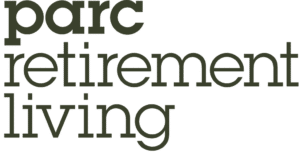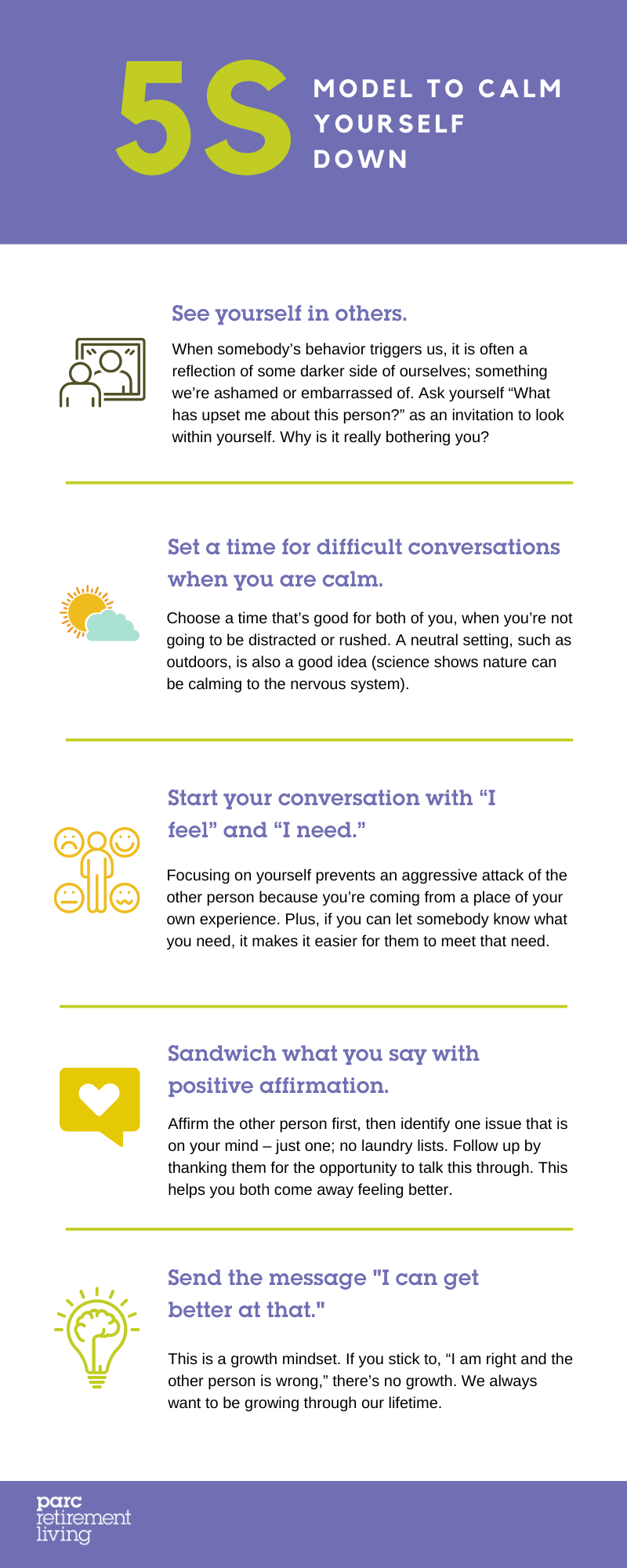Lifting Relationship Distress During COVID-19
in COVID - 19 NewsWritten by PARC Retirement Living
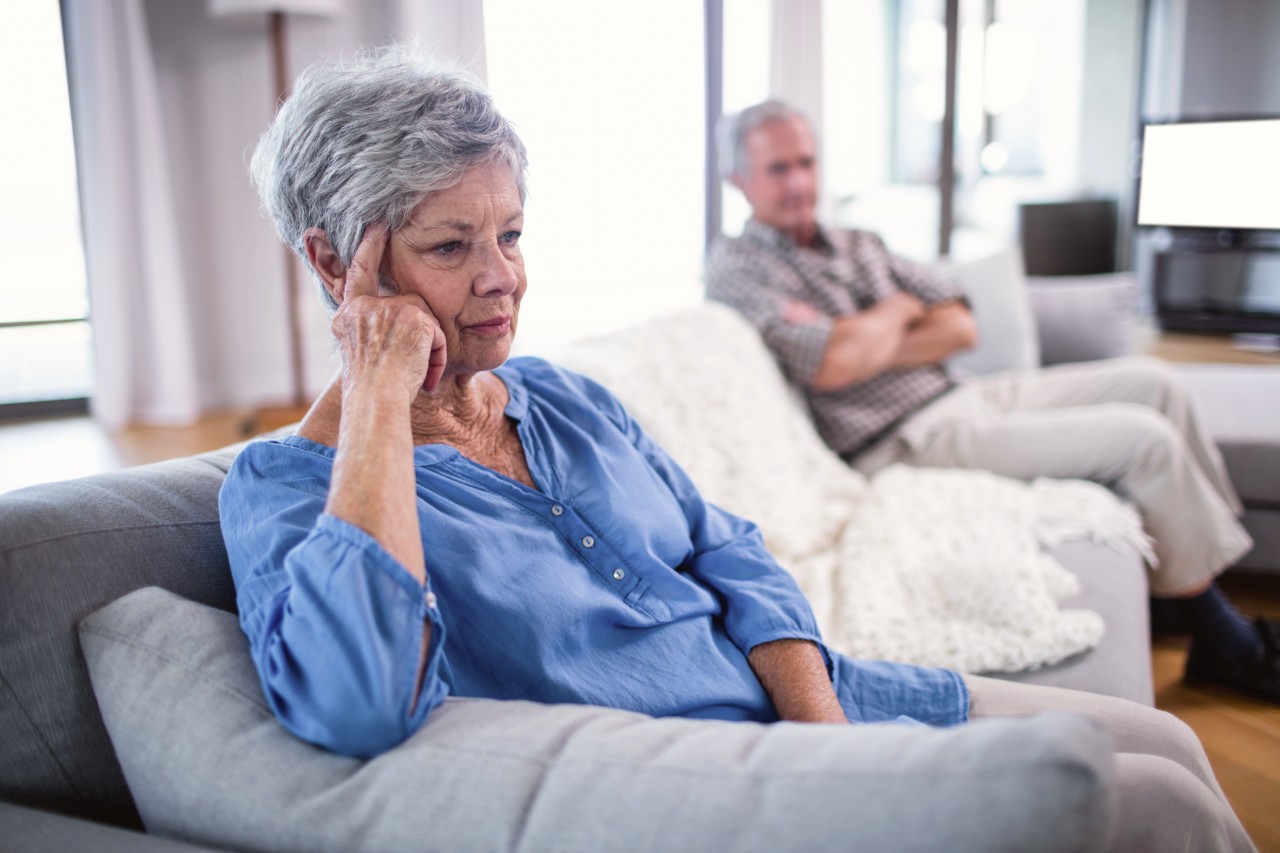
COVID-19 has reshaped the way we live. Whether it’s a loss of control and freedom due to lockdown, or the struggle of living in close proximity with your partner or family 24-7, the stress is real. And it can easily spin off into feelings of increased vulnerability, fear, discomfort, isolation and even grief – all of which would strain even the strongest relationship. It’s no surprise that family disputes, relationship distress and divorce are on the rise.
Registered Clinical Counsellor Jo-Anne Weiler came to the rescue with her webinar on relieving relationship distress, part of our PARC Retirement Living virtual speaker series. In addition to her 20-year private counselling and coaching practice, Jo-Anne gives public presentations, seminars and expert interviews on a range of topics related to thriving in our lives and relationships.
Here, she expands on her strategies for meeting relationship challenges, and easing some of the distress we all feel as a result of the COVID-19 pandemic.
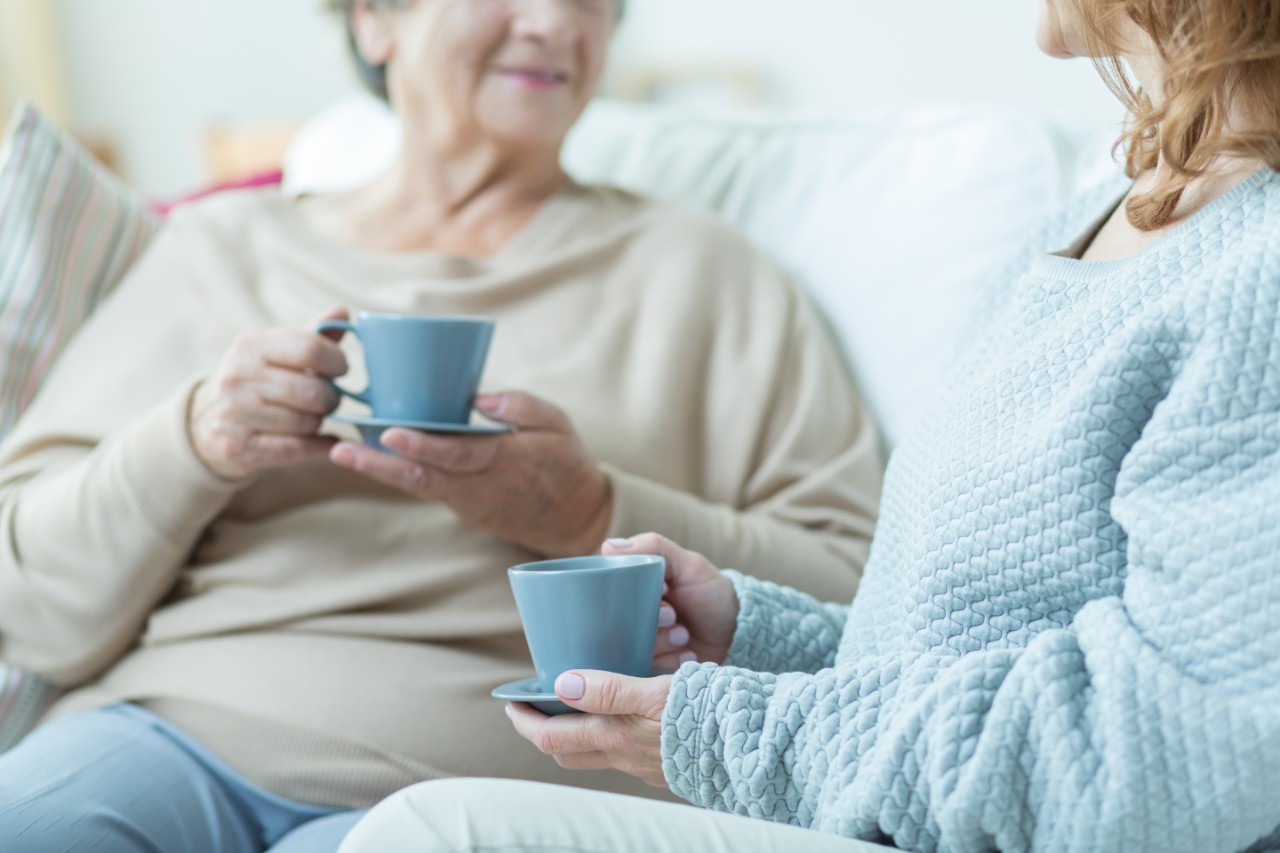
Q&A with Jo-Anne Weiler
Q: We’ve been overwhelmed with media stories that divorce rates are on the rise due to COVID-19. Can you shed some light on this increase?
A: You know, it’s interesting. We’re in a world with a lot of uncertainty and we’re unsure how to handle ourselves because this has never happened in our lifetime. There’s a lot of information out there, intended to help and support us. But it can also be a bit traumatizing. Keeping track of death rates and things like that primes the brain for trauma. It’s important to manage how much we’re dialling into the media, because we can actually stimulate the stress centre of our brain, the amygdala, to anxiety. With too much activity in the amygdala, we find ourselves being more triggered by small things that wouldn’t normally bother us. We can get burnout, which can translate to irritability or overall fatigue.
Q: Does being in constant close proximity to your partner or family member increase the chances of conflict?
A: Yes, and I also think the more life feels out of control, then correspondingly, our need for control goes up, and we will sometimes react by becoming more controlling. Small things that would normally be “water off a duck’s back” feel primary and urgent. And that means increased reactivity to other people.
Q: What would your advice be to help prevent relationships from changing in this situation?
A: Since COVID-19 can make us feel out of control, we want to set up structures that help us feel in control. Having a morning routine of meditation, for instance, a mindful walk, some deep breathing or listening to music – a routine we can do first thing in the morning – we are saying to ourselves, “Life is in my control. I’ve got systems I can count on. I can count on me.” You can do that as a couple, or with a friend or family member.
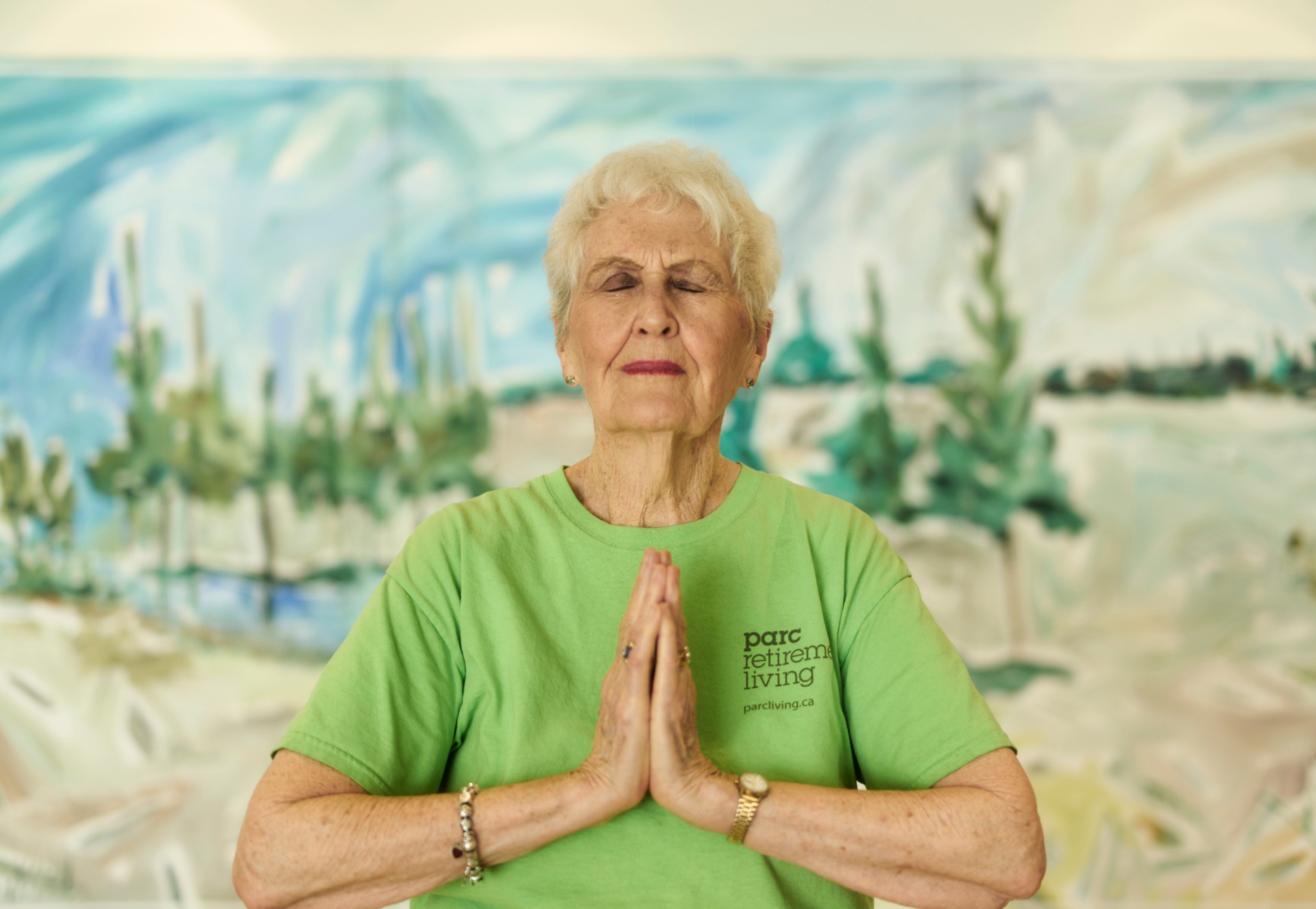
Q: You suggested a lot of different meditation techniques during your talk, along with Emotional Freedom Technique (EFT) tapping exercises, which can release oxytocin.
A: Yes, EFT is a relatively new holistic treatment has been shown to help decrease anxiety and depression. It has roots in ancient Chinese acupuncture and mind-body medicine, and it works by applying pressure to the body’s energy meridian points on the head, face and torso. Usually there is a cognitive component as well, often in the form of positive self-affirmations. The goal is to promote mental and physical healing, and it can definitely help release oxytocin, which is the attachment hormone that creates feelings of safety, control and calm. Actually, even putting your arms around yourself releases oxytocin. It’s also produced through sexual activity, because the skin stimulates production, and then it spreads through the bloodstream to calm you.
The more we take care of ourselves and feel love for ourselves, the more loving capacity we have for others. We’re more tolerant of upset or confusion, and we have more bandwidth to deal with stress. Meditation has been shown through research to improve our ability to handle stress. It has also been linked to longevity and anti-aging effects.
Q: It sounds like seniors who live alone, especially, might benefit from focusing on love and attachment right now.
A: I suggest the “circle of love” exercise for those feeling lonely or isolated: close your eyes and imagine your family and all of your friends around you. Now imagine them connected to you energetically. Imagine them giving you love and you giving them love. Breathe in that love and breathe out love. Imagine your ancestors as an outside circle. Imagine your body is filled with love. What colour is it? How does it feel? This is a powerful reminder that we’re never alone.
Q: In your webinar, you talked about a framework to help lift relationship distress called the five Ss. Can you summarize this, and how it works?
A: Because COVID-19 is so triggering, I believe it’s good to have a strategy that’s on your five fingers for five things you can do to calm yourself down – the 5Ss:
Q: My favourite example from your talk was about a disagreement between one of your client couples. It was about dish soap. The husband had requested a specific brand, and the wife got a different one because it was on sale, and this caused an argument.
A: Yes, underneath any story of anger, there’s a story of need. In that story, the husband was feeling unimportant and undervalued at the time. Buying the preferred dish soap would have represented, “I really value you. You really matter to me.” On the other hand, she was worried about money, because they had retired and were on a fixed income. Finding the dish soap on sale felt like, “Yay, I found this for us. I saved us money.” She was proud of caring for them as a couple by buying this cheaper dish soap. They both had earnest reasons for being upset and earnest reasons why that issue mattered. Underneath anger is always some kind of vulnerability. And that’s where we can have really close relationships: by relating from a place of vulnerability and compassion.
Q: That makes sense. I guess that’s how we get to that deeper level of understanding – using the strategy of “I feel” and “I need,” because it forces us to talk about the underlying issue versus the dish soap?
A: Exactly. It’s never about the dish soap. Knowing what the real theme is, for example, you can nurture the ways that a person matters and how they are contributing to retirement. I think one of the hardest things about retiring is feeling a lack of purpose. Some people get lost in a lack of purpose and direction. Once you’re more aware of what the real theme is, then you can reinforce the other person.
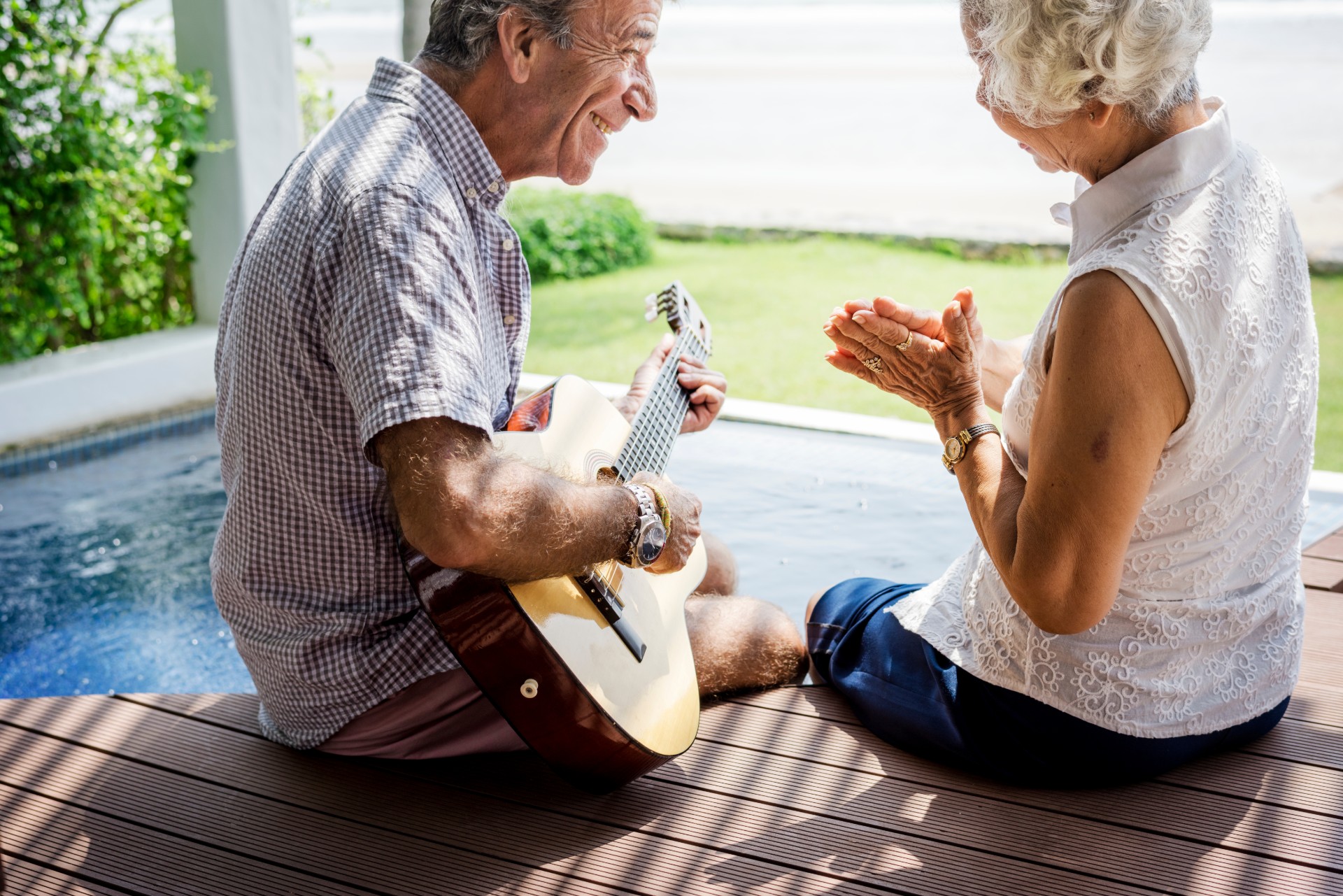
Q: What are some other ways couples can rebuild or sustain intimacy during COVID-19?
A: There are many tools we can use to get back to a place of unconditional love, with ourselves and others. Music is a great one – listen to an old favourite song. Look at old photos. In times of stress, used sustained eye contact to calm and soften. Find shared purpose by tackling a project together, or looking for ways to help others. Seek out the lessons in difficult situations. For example, COVID-19 is a big challenge, but people around the world are also coming together to protect one another. We’re becoming more aware of good health habits. Finding resilience and creating new rituals, like banging pots and pans to honour healthcare workers. Think of the pandemic as an opportunity to slow down and create a better relationship with hobbies, your space and other people. Pay attention to the simple things that bring you pleasure, like gardening, cooking and family.
Q: Can you suggest any further reading, if PARC residents want to learn more?
A: There are some great reads out there on sustaining relationships and becoming a better partner: The Four Agreements by Miguel Ruiz, Self Compassion: The Power of Being Kind to Yourself by Kristen Neff, Hold Me Tight by Susan Johnson, What Makes Love Last by John Gottman and Getting the Love You Want: A Guide for Couples by Harville Hendrix and Helen LaKelly Hunt.
This information is not intended as medical advice, and should not replace a one-on-one relationship with a qualified healthcare professional.
For more web sessions on self-improvement and growth, visit PARC’s Virtual Wellness Webinar Series – Pathways Back Toward Calm. Or, visit our blog for more ideas on coping during COVID-19.
- Light Your Pathways – Deborah Braun, M.A., RCC
- Extend the Light – Dr. Gloria McArter, Ph.D., RCC
- Reroute Anxiety – Deborah Braun, M.A., RCC
- Make Friends with Anger – Dale Trimble, M.A., RCC
- Lift Relationship Distress – Jo-Anne Weiler, M.A., RCC

